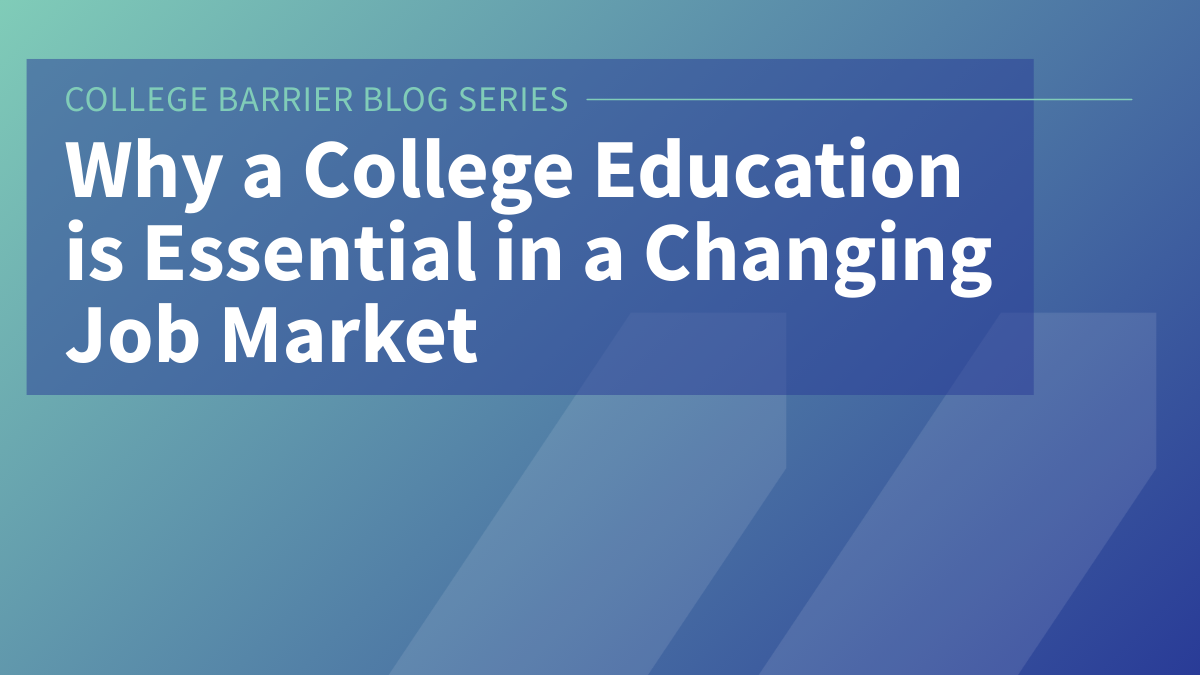
It’s 2025, and much like years before, a lot has changed. The education landscape and job market have especially seen shifts in recent years — even more so when you look back 20 to 30 years ago. They’ve changed individually, but it’s also important to understand how they’ve changed relative to one another and the economy, and how this affects future generations.
The economy is fickle. Fluctuations and shifts can happen that aren’t always in positive alignment for the masses. We’ve seen this in the past with the Great Recession that lasted two years, beginning in 2007, and the COVID-19 pandemic. During the Great Recession, employment dropped by 8.6 million, families lost value in their homes or their homes altogether, retirement savings were no longer for some, the stock market declined and businesses were forced to close. Individuals who were low-income or didn’t have college degrees were the most affected by these unfortunate outcomes. Similar could be said about the 2020 pandemic, where the majority of jobs lost were in industries that pay low average wages, with the lowest-paying industries accounting for 30 percent of all jobs.
What’s more is that the average cost of living in 2007 was roughly around $40,000 while the average cost of living in 2020 was around $61,000 — more than a $20,000 difference. Why does this matter? Well, wages only rose about 12%, or $4,800, during this time in low-paying industries — not much help when the job market is unstable and they need $16,000 to fill that cost gap.
Having a college education has benefits outside of academia, it insulates against these economic and job shifts—a return on investment I say is well worthwhile. Those with college degrees make higher wages and have access to a larger job pool with greater stability. 48 of Michigan’s top 50 hot jobs require a postsecondary degree and 85% of careers require a bachelor's degree or higher. Examples of some of these careers include accountants, engineers, healthcare social workers, teachers, and information technology professionals.
It’s no secret that college affordability is a major concern for many, but the good of attending outweighs the bad. It’s insurance for a successful future, that while always uncertain, can aid in navigating that uncertainty. People with this education have the critical and foundational skills for life and work in a general sense like adaptability, which is crucial in these evolving industries.
It’s no secret that college affordability is a major concern for many, but the good of attending outweighs the bad. It’s insurance for a successful future, that while always uncertain, can aid in navigating that uncertainty. People with this education have the critical and foundational skills for life and work in a general sense like adaptability, which is crucial in these evolving industries.